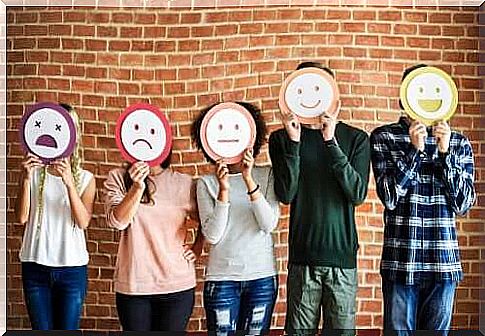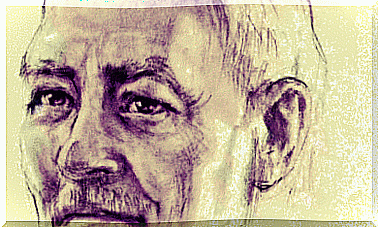The Sociometer: How Important Is Other People’s Opinion?

How much do you value the opinions of others? We usually underestimate how important the opinion of others is to us. While it may seem strange, it is likely that we have a mechanism that helps us adapt our behavior to that information. To delve into this a little more deeply, today we will talk about the sociometer.
This theory states that there is a psychological mechanism that helps you minimize the chance of rejection. Also, it is also closely associated with self-control when you are in the company of other people.
This regulatory mechanism appears to respond to changes in relational value. It provides a framework to analyze phenomena such as self-esteem and susceptibility to rejection. It can also help us understand personality disorders and many of people’s reactions to others.
This psychological indicator can even give us valuable information about what happens when people engage in self-control in a dysfunctional way. This form of self-control can further damage their relationships with other people.
The evolutionary basis of the sociometer
Baumeister and Leary developed the sociometer of self-esteem. Gardner, Pickett and Brewer expanded it further. They based their research on the idea that humans are practically incapable of surviving and reproducing without social relationships.
Therefore, people developed a system that allowed them to maintain these relationships. In order to do this, the system had to monitor the reactions of others to its own behavior. They especially had to monitor the reactions to one’s actions that could lead to social rejection.
This monitoring system alerts the individual to possible changes in his or her social status or a decrease in social acceptance. In other words, this “relationship status scanner” is what motivates you to act in a certain way to fix harmful situations related to your relationships.
It also warns you of any kind of behavior that could jeopardize your social ties. In short, man has developed a psychological mechanism that monitors the indirect visual environment of the person, looking for clues relevant to the relational value of the person in his environment.

Emotions are actually measuring instruments
According to the sociometer, self-esteem is an indicator of the quality of social relationships. When people behave in ways that lead to rejection, their self-esteem will suffer.
On the other hand, if they show behavior that consists of positive emotions, their self-esteem increases. Therefore, we could say that self-esteem has an important emotional component.
Nature has given us an alarm system that gives us a signal to avoid things, and that signal is pain. In the same way, it signals the things we need to keep doing through fun.
When a person is not satisfied with his needs, it manifests as unpleasant feelings. These serve to make the body react and to restore the situation that is unpleasant or threatening. Emotions also serve to warn you about events that may affect your well-being.

How does this system work?
This control system seems to act unconsciously. It does this until it detects that the relational value is low or falling. At that point, it forces the individual to consciously think about the situation.
If someone has just experienced rejection, they will be more sensitive to what other people think of them. If so, they will use more cognitive resources to think about their social situations.
This theory even claims that self-esteem is an indicator and therefore it would not make sense to trade on it. Pablo Malo, a psychiatrist, likened this phenomenon to a car’s fuel gauge:
This makes us think that we can strengthen our self-esteem by acquiring social skills. In this sense, the way we adapt to our circumstances and how we value this adaptation seems to strongly influence our self-esteem.









